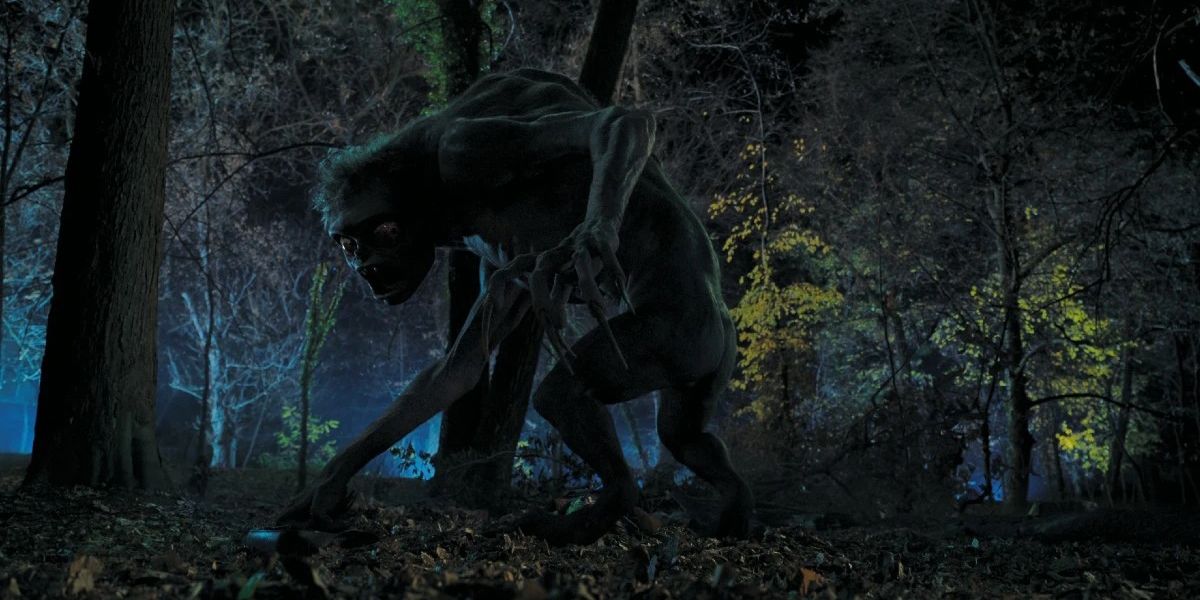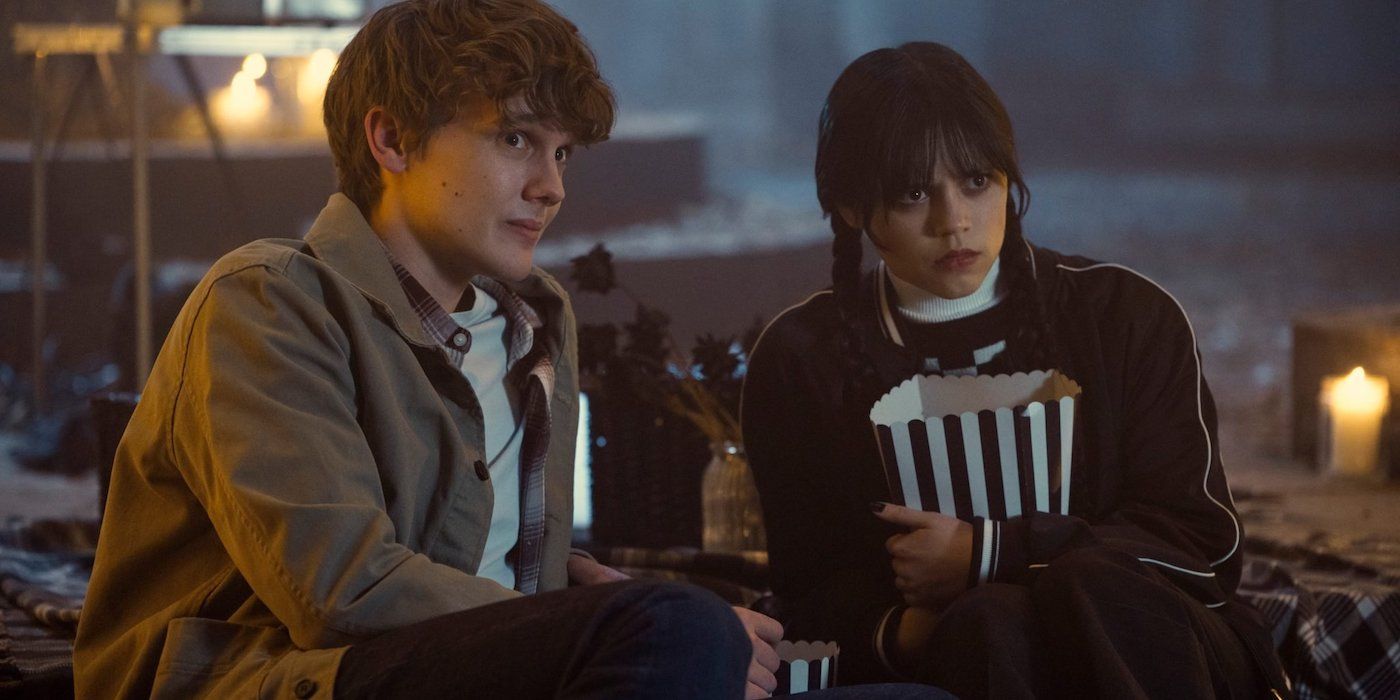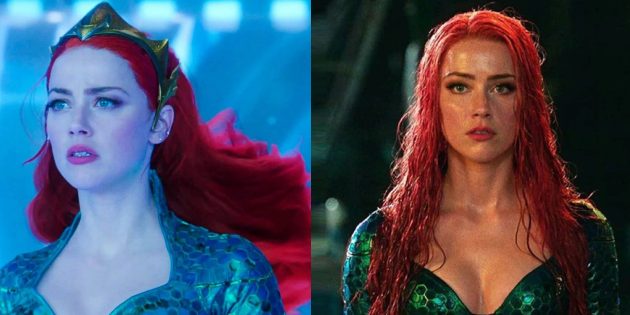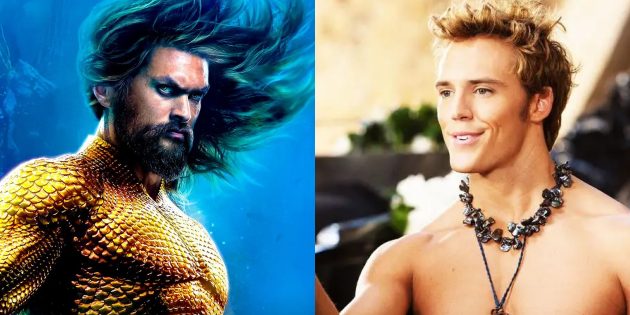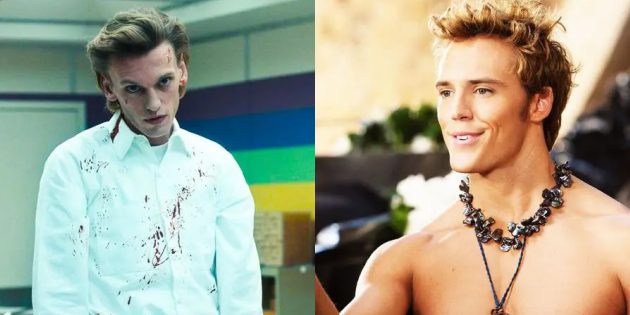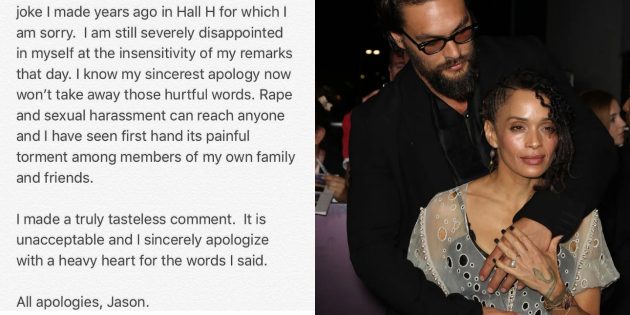Wednesday undermines its main theme of outcast acceptance by singling out a monster with no real agency as one of its primary villains.
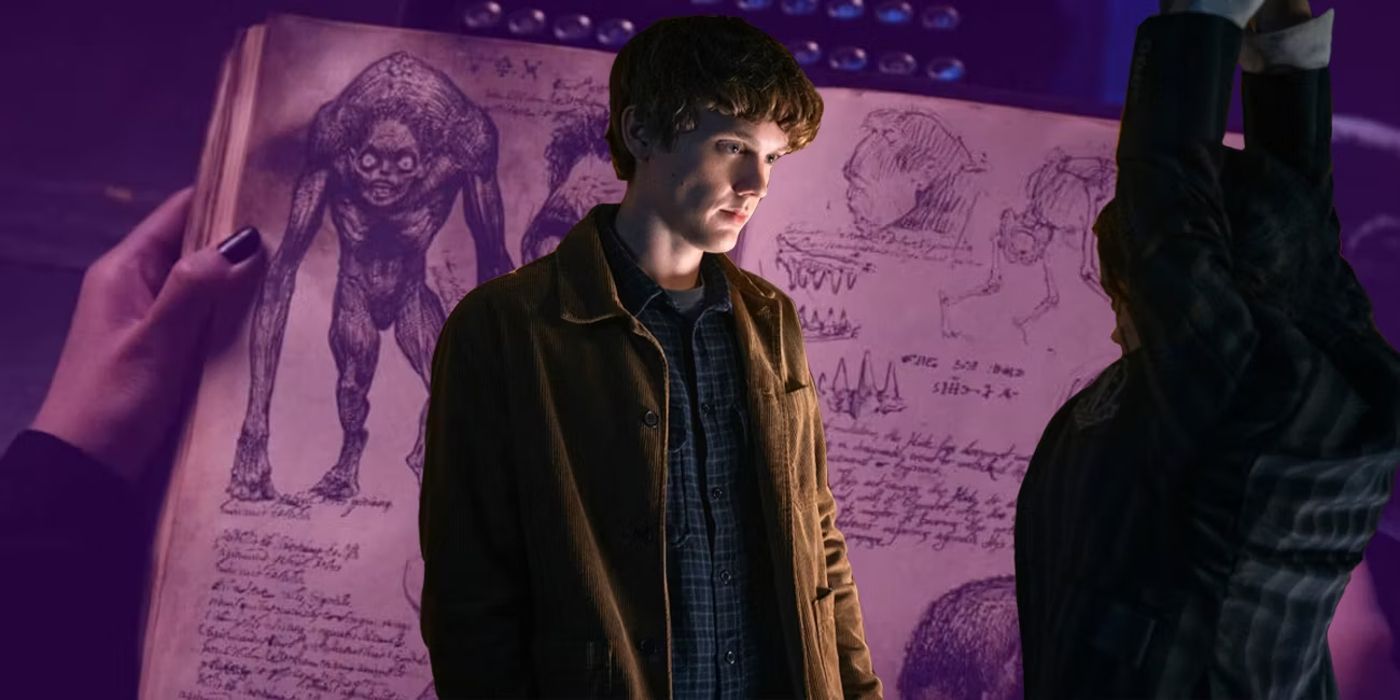
This article contains spoilers for Wednesday Season 1, now streaming on Netflix.
Netflix’s Addams Family spin-off series, Wednesday, follows its title character’s misadventures at Nevermore — a boarding school for so-called “outcasts,” which include werewolves, gorgons, sirens, psychics and any number of other mystical or paranormal beings. Jericho, Vermont — the school’s setting — was founded by a pilgrim named Jospeh Crackstone. Hundreds of years before the show takes place, he — as Wednesday sees in a series of psychic visions — tried to kill all of the town’s outcasts in a fire. This sense of antagonism toward the societal “other” pervades Wednesday’s entire first season.
CBR VIDEO OF THE DAYClose
Bullies target Pugsley Addams in the pilot episode, “Wednesday’s Child Is Full of Woe.” Local teenagers frequently harass Nevermore students. Even town authorities appear to eye the outcasts with suspicion. Like far too many groups in the real world, Wednesday’s outcasts face near-constant persecution because of who and what they are. The cruelty and unfairness of this are recurring themes in all of Season 1’s eight episodes. Unfortunately, the final reveal of the identity and backstory of the Hyde monster wreaking havoc in the woods outside of Jericho undercuts any message of tolerance Wednesday is trying to convey.
RELATED:Wednesday Beats Dahmer, Targets Stranger Things’ Record As Netflix’s Biggest Show Of All Time
Wednesday’s Tyler Didn’t Choose to Become a Monster
The purpose of Nevermore is to provide young outcasts with a safe environment away from the judgment of a world that doesn’t understand them. An important component of that should be the teaching of compassion toward other outcasts, whether they attend the school or not. However, when Tyler — son of the sheriff and Wednesday’s potential love interest — turns out to be a Hyde, he receives no such consideration. He did not choose to become a monster, but as soon as Wednesday confirms his identity, the series begins to treat him like a villain.
Throughout Wednesday’s first season, various outcasts present as credible dangers to those around them. Bianca, a siren, admits that she can never be completely certain that her abilities aren’t inadvertently influencing people’s behavior. Ajax, a gorgon, has to take constant care not to reveal the snakes on his head to anyone lest he turn them to stone. Uncle Fester is a wanted bank robber. Even Wednesday, the show’s protagonist, performs multiple acts of premeditated violence. Yet, the series presents each of these characters as quirky at worst and heroic at best.
RELATED:BossLogic Reimagines Jenna Ortega As Teen Titans’ Raven

For Bianca and Ajax, this treatment makes sense. They cannot change what they are, but they do what they can to mitigate any harm their natural abilities may bring to other people. Bianca wears an amulet that suppresses her powers, and Ajax always wears a hat. They choose to be as safe as possible. Any additional danger they may pose is beyond their control. Similarly, Tyler was born a Hyde, and Laurel Gates — posing as a Nevermore teacher — triggered his initial transformations and ordered most of the murders he committed. Whatever willingness he developed to go along with this revenge plot came after a long period of involuntary control and manipulation. In every sense, he was Laurel’s first victim.
Wednesday and Uncle Fester have no such excuses. They aren’t dangerous because they are outcasts. They are dangerous because of their choices. Uncle Fester robs banks. Wednesday starts the series by dropping piranhas into a pool full of people, and goes on to actively endanger her Nevermore friends on a regular basis. She enjoys a level of agency that Tyler does not, yet, in the eyes of Wednesday’s writers, her actions make her a hero, and his make him a monster.
RELATED:How Edgar Allan Poe’s Mysterious Life Influenced Wednesday
Not all Outcasts are Created Equal in Wednesday
With this arbitrary distinction between Tyler and the students of Nevermore, Wednesday’s writers have, intentionally or not, created an outcast hierarchy that undermines the series’ central themes. Wednesday Addams, like the rest of her family, doesn’t fit in with the “normal” world. Her parents send her to Nevermore so that she can meet people she can better relate to and possibly befriend. Her eventual success on this front supports the idea that all people, no matter how strange, have value and deserve respect. Everyone, but Hydes, that is. As a Hyde, Tyler is barred from attending Nevermore. Even before he kills anyone, he is unwelcome among the other outcasts.
Wednesday vilifies Tyler and other Hydes for qualities it celebrates in the rest of its outcasts. Yes, he does awful things, but the degree to which he chooses to do them is unclear. The series firmly establishes that Laurel is able to control him, so even his overt heel turn at the police station may not be genuine. Morality requires free will, and there’s a good chance Tyler has none. By turning him into a villain for circumstances he can’t control, Wednesday‘s writers undercut their central themes and make Wednesday and the rest of Nevermore guilty of the same prejudice they experience every day.



